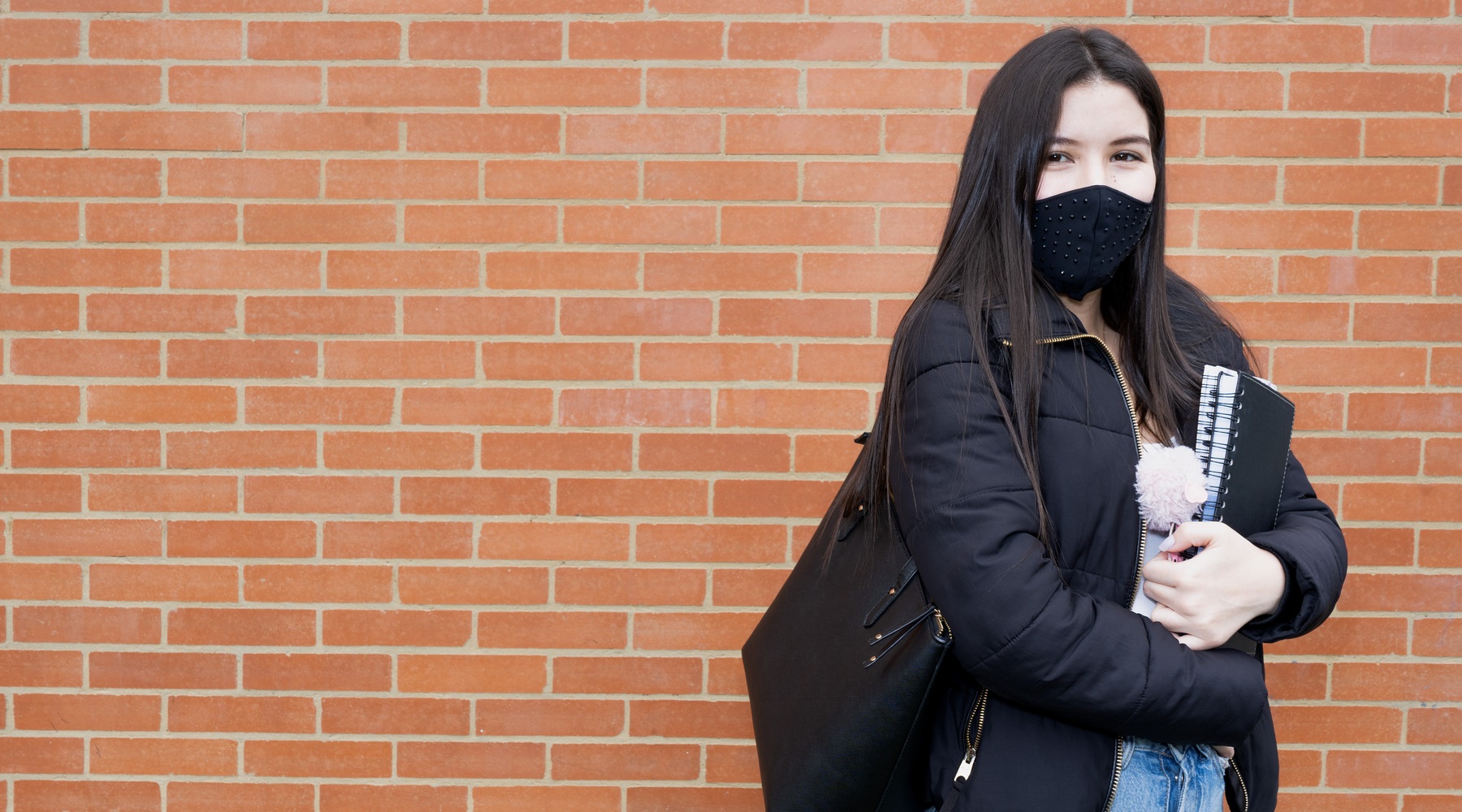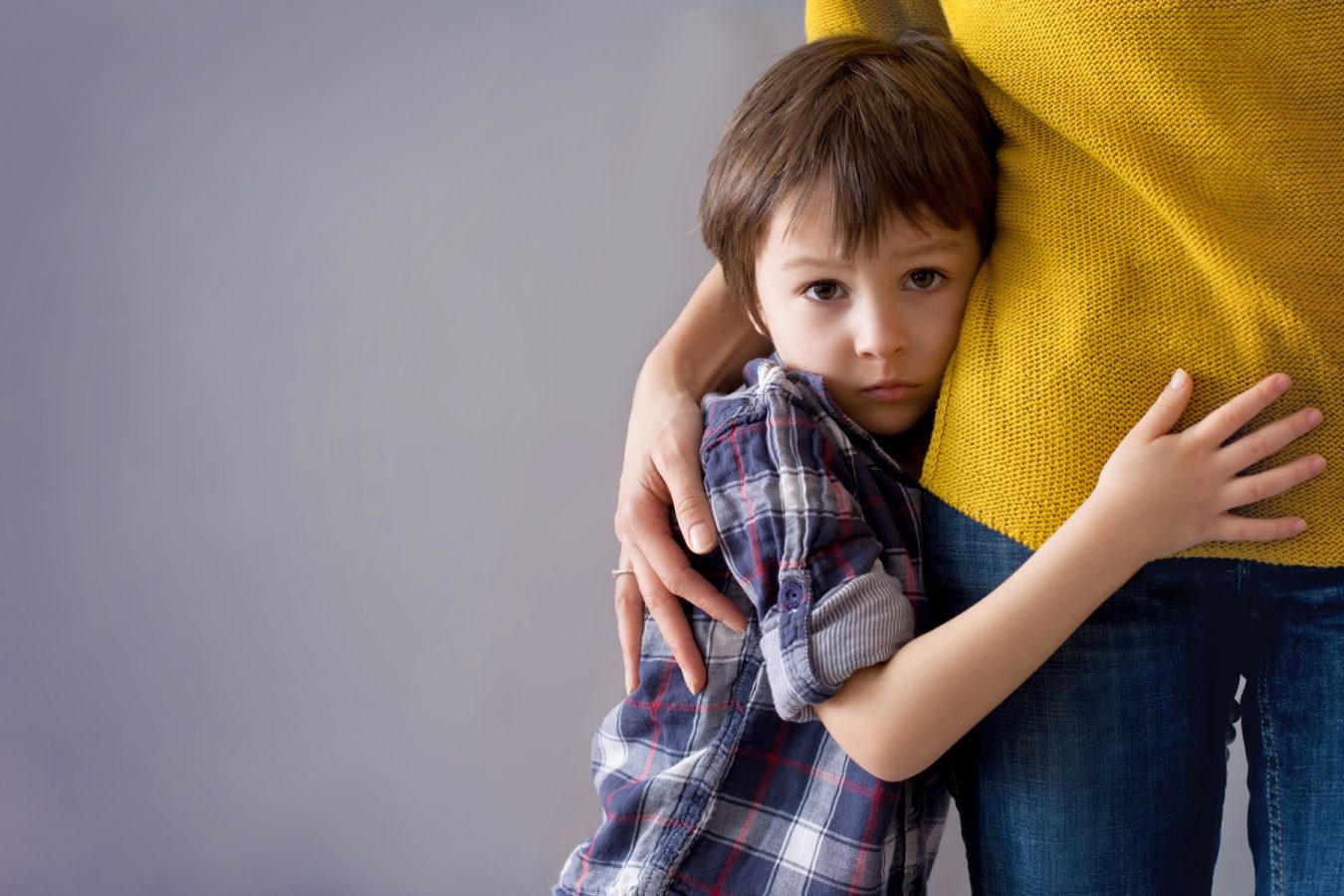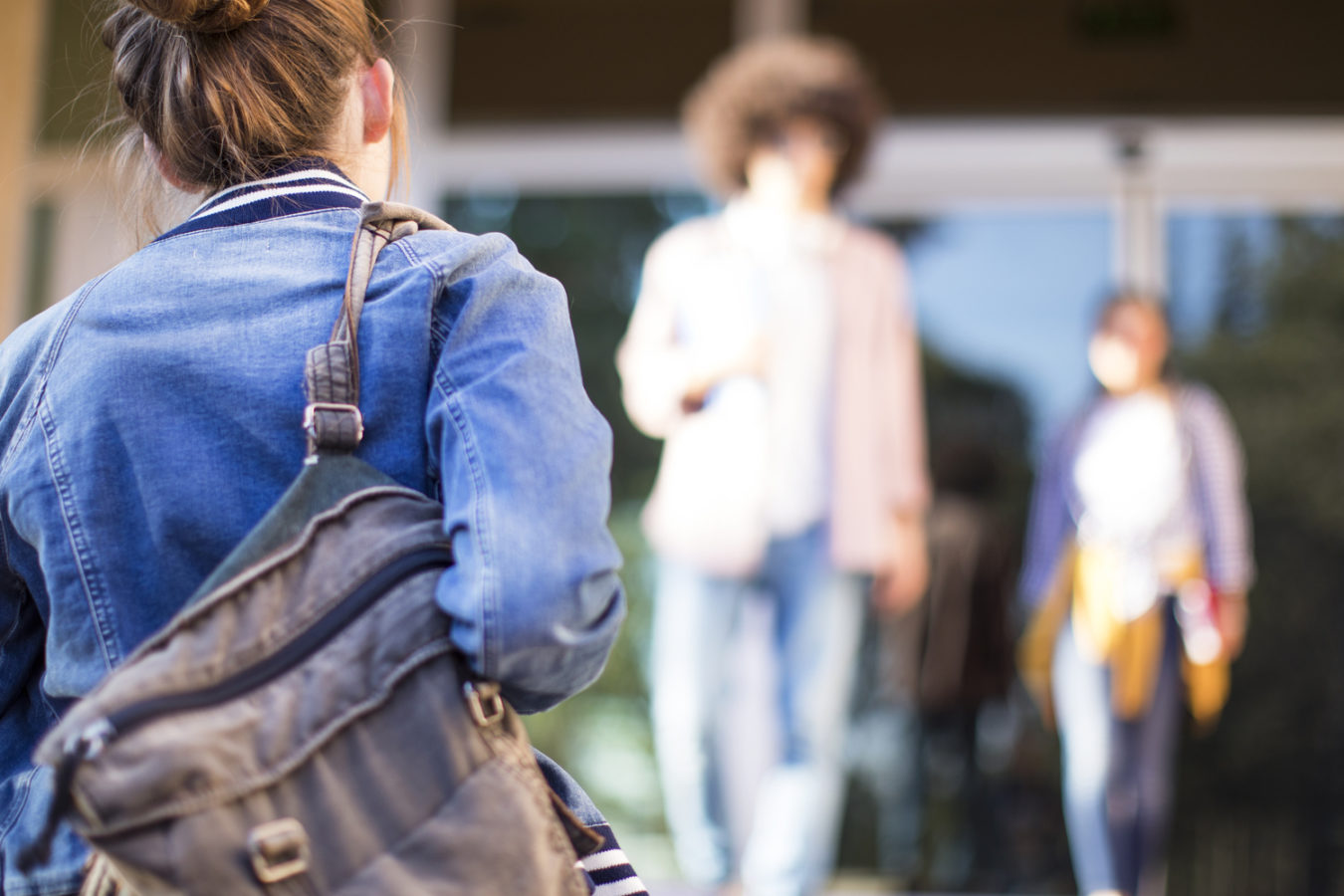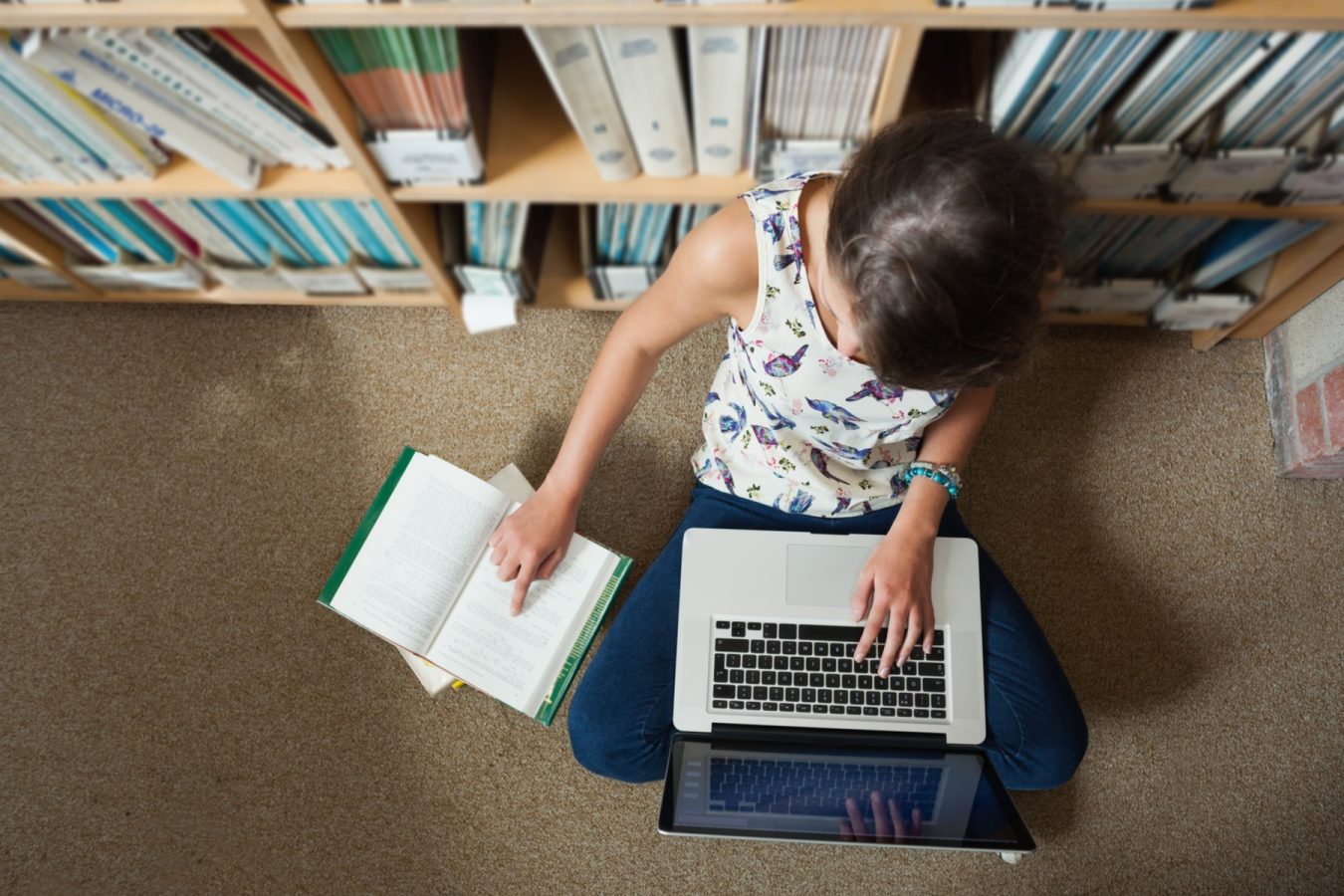
The return to the classroom is a big relief, but many students will need support. Peter Hanlon talks to the experts about how parents can help kids make the adjustment.
Kerri Rhodes heard an analogy recently that captures the mood as students, parents and teachers gear themselves to again leave the ‘bubble’ of remote learning and return to the classroom. ‘We started on a two-kilometre jog, and it turned into a marathon.’
The Strathcona Girls Grammar psychologist encountered another fits-just-right term in a missive from the Australian Psychological Society: ‘lockdown fatigue’. This is a state many of us know too well, a particular weariness born of being cooped up for months, nervously retreating from the world and its pandemic, while parents attempt to become teachers and homes morph into quasi-schools.
Yet for all of our struggles to adapt, for many the recent months have been preferable to a norm that heightens anxiety and negatively impacts wellbeing. As leading parenting educator and founder of Parenting Ideas Michael Grose says: ‘Some kids will struggle, because the pattern and routine they’ve been in suits them.
‘Some of those kids have natural fears … they can feel quite comfortable at home.’
Returning to school so late in the year presents different challenges for all. For senior students the clock is ticking, with the General Achievement Test this week, then practice tests, revision and final exams. At the other end of the age spectrum, preps will feel like they’re starting all over again.
Some students will have had their school closed due to COVID infection before lockdown, others will know someone who has been directly impacted by the virus. Year 6s have been in limbo, unsure if their primary years would end like some sorry twist on the movie Home Alone.
Yet just as the shoots of hope around us multiply with each spring day, so too can going back to school be a welcome sign that while the marathon is far from over, we are enduring, one step at a time.
Accentuate the positives
‘The main focus in getting back needs to be what they’re looking forward to, how they can make that a positive, some of the gains they’ve made as well as managing the tricky things,’ Kerri Rhodes says, agreeing that results for most should take a backseat to wellbeing.
‘We need to make sure kids reconnect, that the sense of community at school can be rebuilt and re-established. This is really a test of resilience, for kids to be adaptable, to emerge with the idea they have skills they can use to get through tough things.’
Michael Grose says the same applies to parents who preach resilience to their children, often without any lived experience of the hardship that forges it. ‘It’s important to point out that if we get through this, we’ll have done it together and it will have made us tougher.’
The gains of lockdown may be unexpected, like picking up a new hobby, learning to cook, or becoming closer to siblings. As Michael notes, simply ‘getting off the roundabout’ of whatever was our norm before COVID can be enervating.
Have a plan
Kerri Rhodes saw evidence in the first return to school of the power of arming anxious children with strategies to help their classroom reassimilation. This might extend to arranging a school visit before the official return day, reacquainting with a teacher or two, or even just a practice run of getting up, getting dressed and driving to school.
‘Something that worked well last time, we got students to come up with a plan they completed themselves. What might be warning signs of anxiety? What can they do to calm themselves down? Who would they go and see? Where would they go, a safe space?’
Absorb their frustrations
Michael Grose says adopting a ‘neutral cop’ stance when our children vent can be a powerful tool to combat a ‘this is awful, I don’t want to go back’ narrative.
‘Part of your job as a parent is to absorb that, listen to it, but point to the positives. “What did you enjoy about the day?” “What did you get out of it?” “Who’s your favourite teacher?”
‘And don’t expect them to have the same expectations as you … they might find it’s a grind, and you’ve got to be aware of that. Don’t get dragged into that vortex kids will often bring you into. It’s a bit like being a neutral cop, standing back and going, ‘Hmm, yeah, you could be right’, but not being aggressive or dismissive.’
Lean on routine
Simply getting back to the rhythm of the school day can be cathartic, with Michael noting the power of routine in bringing a sense of control. He advocates regularly dining as a family, pointing to research that links good mental health in children to families sharing meals.
‘When there’s change happening, I reckon mealtimes are fabulous. It doesn’t allow kids to drop out of the family, and it allows you as a parent to monitor them. And if it works, there’s a lot of yak. It just gives kids a chance to talk.’
Like this post? Please share using the buttons on this page
Subscribe to The Parents Website

